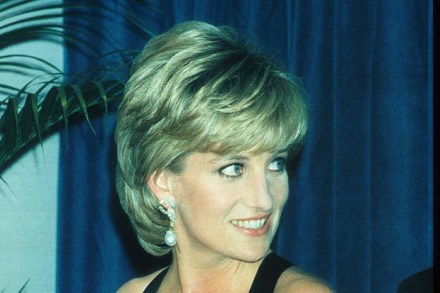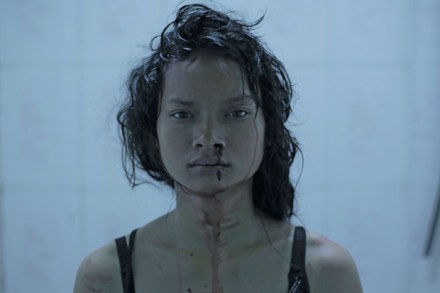Blue blood on blue blood
The People’s Princess is back in the papers, thanks to the latest film about her life, and one minor royal couldn’t resist re-opening old wounds. According the New York Post, Lady Pamela Hicks, Prince Philip’s cousin, began gently: ‘[Diana] had enormous charisma, she was beautiful, [and] she was very good at empathy with the general crowd.’ But, Lady Pamela said, ‘she had no feeling at all for her husband or his family.’ And there was more: ‘She was really spiteful, really unkind to him — and, my God, he’s a man who needs support and encouragement. [The marriage] absolutely destroyed him. He looked grey and ghost-like. Now of course he’s














